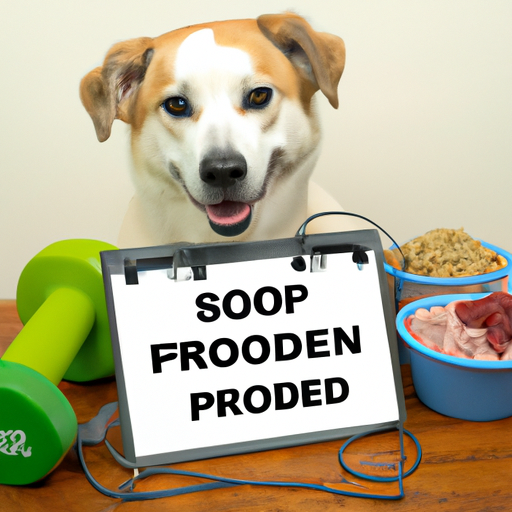Weight gain in dogs can be a daunting challenge, especially when your furry friend is underweight or recovering from an illness. As a caregiver, you’re likely looking for the best methods to help your dog gain weight safely. This guide will provide you with comprehensive advice, tips, and techniques to help bring your dog back to a healthy weight.
1. Understanding Your Dog’s Ideal Weight
Just like humans, every dog has an ideal weight range that varies depending on their breed, age, and size. Determining your dog’s healthy weight is the first crucial step in your weight gain journey.
- Large breeds like Great Danes or Mastiffs should weigh between 100 to 200 pounds.
- Medium breeds like Bulldogs or Border Collies should weigh between 30 to 60 pounds.
- Small breeds like Beagles or Pugs should weigh between 10 to 25 pounds.
2. Increasing Caloric Intake
Increasing your dog’s caloric intake is a surefire way to help them gain weight. It’s essential to do this gradually and healthily to avoid causing digestive issues or obesity.
- Gradually increase the amount of food during regular meals.
- Add nutritious, high-calorie snacks between meals.
- Consider high-protein diets or puppy food for extra calories.
3. Regular Exercise
While it might seem counterintuitive, regular exercise can help your dog gain weight. Exercise helps build muscle mass, increases appetite, and enhances overall health.
- Strength-building exercises: These include tug-of-war, fetch, or agility training.
- Endurance exercises: These consist of walks, runs, or swims.
4. Veterinary Care and Supplements
Sometimes, underlying health issues might be causing weight loss in your dog. Regular veterinary check-ups are essential for catching these potential problems early. Your vet might also recommend dietary supplements or specialized foods to aid weight gain.
| Supplements | Benefits |
|---|---|
| Probiotics | Improve digestion |
| Fish oil | Enhance coat health and boost calories |
| Multivitamins | Fill nutritional gaps |
5. Regular Monitoring and Adjustments
Finally, monitor your dog’s progress regularly. Adjust their diet and exercise regimen as needed based on their weight gain and overall health.
FAQs
Q1: How long does it take for a dog to gain weight?
It depends on the dog’s breed, size, and overall health. Usually, you can expect noticeable changes within a few weeks to a few months.
Q2: Can I feed my dog human food to help them gain weight?
While some human foods are safe for dogs, it’s best to stick to high-quality dog food and supplements recommended by your vet for weight gain.
Q3: Should I limit my dog’s exercise if they’re underweight?
Not necessarily. Exercise helps build muscle and increases appetite. However, the intensity and duration of the exercise should be appropriate for your dog’s current condition.
Q4: What if my dog still isn’t gaining weight?
If your dog isn’t gaining weight despite your efforts, consult with your vet. They may need to test for underlying health issues.



